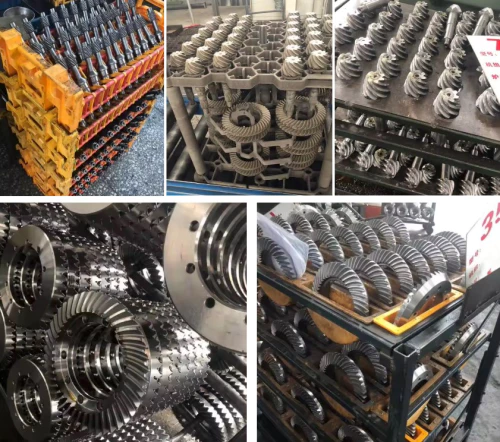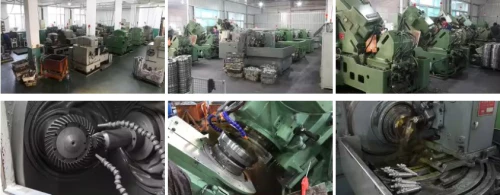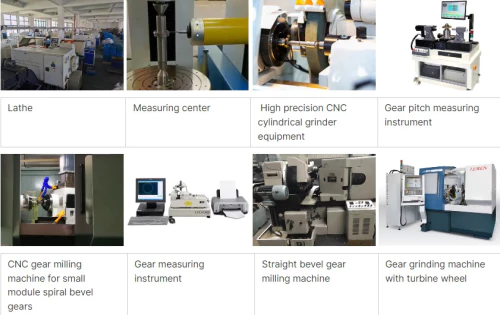Forging Bevel Gear Tooth Contact Stress Analysis
Introduction
Forging bevel gears are a type of bevel gears that are manufactured through the forging process. Forging involves shaping metal through the application of localized compressive forces, typically using a die or hammer. In the case of bevel gears, the forging process is used to form the gear teeth and create the desired gear geometry.
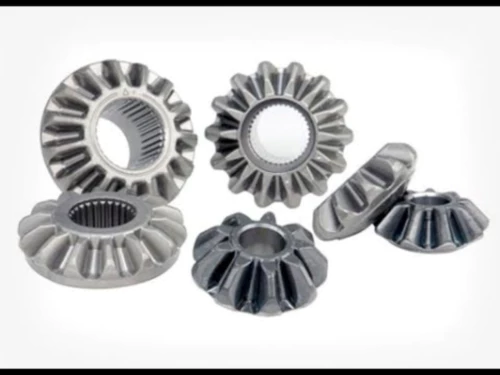
Advantages of Forging Bevel Gears
- High Strength
- Improved Fatigue Resistance
- Precise Gear Tooth Geometry
- Cost-Effectiveness
- Versatility in Material Selection
- Enhanced Structural Integrity
- Tailored Mechanical Properties
- Reduced Lead Time
- Environmental Sustainability
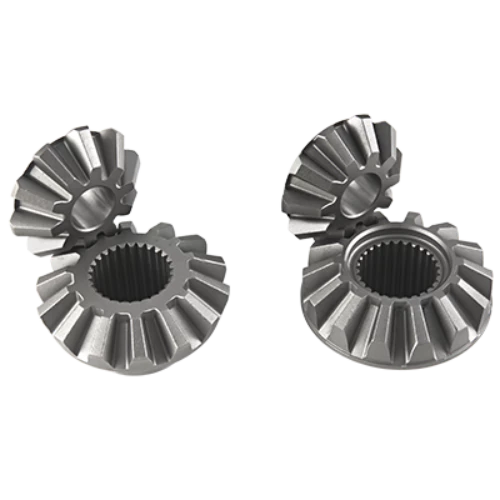
Working Principle
Forging bevel gears operate based on the fundamental principles of gear mechanisms. They consist of two intersecting shafts, each with a conically shaped gear (bevel gear) mounted on it. The teeth of the bevel gears are designed to have a specific tooth profile, such as straight, spiral, or hypoid, depending on the application requirements.
When the input shaft rotates, the engagement of the teeth of the bevel gears causes a transfer of rotational motion and torque to the output shaft. The contact between the mating teeth ensures power transmission while maintaining proper alignment and smooth operation.
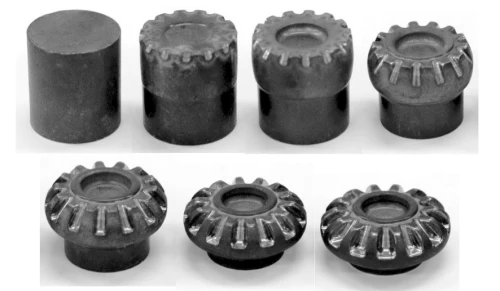
Applications
- Automotive Industry
- Industrial Machinery
- Aerospace and Defense
- Renewable Energy
- Marine and Shipbuilding
- Agricultural Machinery
- Power Generation
- Robotics and Automation
The automotive industry extensively uses forging bevel gears for various applications such as transmission systems, differential mechanisms, and steering systems. The high strength and precise gear tooth geometry of forging bevel gears make them suitable for handling high loads and providing smooth power transmission.
Forging bevel gears find wide application in industrial machinery, including heavy-duty machinery, machine tools, and material handling equipment. Their durability, reliability, and versatility in material selection make them ideal for demanding industrial environments.
In the aerospace and defense sector, forging bevel gears are used in aircraft engines, helicopter rotor systems, and military vehicles. Their high strength, fatigue resistance, and precise gearing contribute to the overall performance and safety of these critical applications.
Forging bevel gears are crucial components in wind turbines and hydropower systems. They are designed to withstand high loads and provide efficient power transmission in renewable energy generation.
The marine industry relies on forging bevel gears for propulsion systems, steering mechanisms, and other critical applications. Their ability to withstand harsh marine conditions and provide reliable performance makes them a preferred choice in shipbuilding.
Forging bevel gears are extensively used in agricultural machinery such as tractors, combines, and harvesters. Their high torque capacity, durability, and resistance to wear and tear make them suitable for heavy-duty agricultural applications.
In power generation facilities, forging bevel gears are used in turbine systems, generators, and other power transmission equipment. Their ability to handle high rotational speeds and transmit power efficiently ensures reliable and continuous power generation.
Forging bevel gears play a vital role in robotics and automation systems. They are used in robotic arms, automated production lines, and various robotic mechanisms. Their precise gear tooth geometry and high torque transmission capabilities enable smooth and accurate robotic movements.
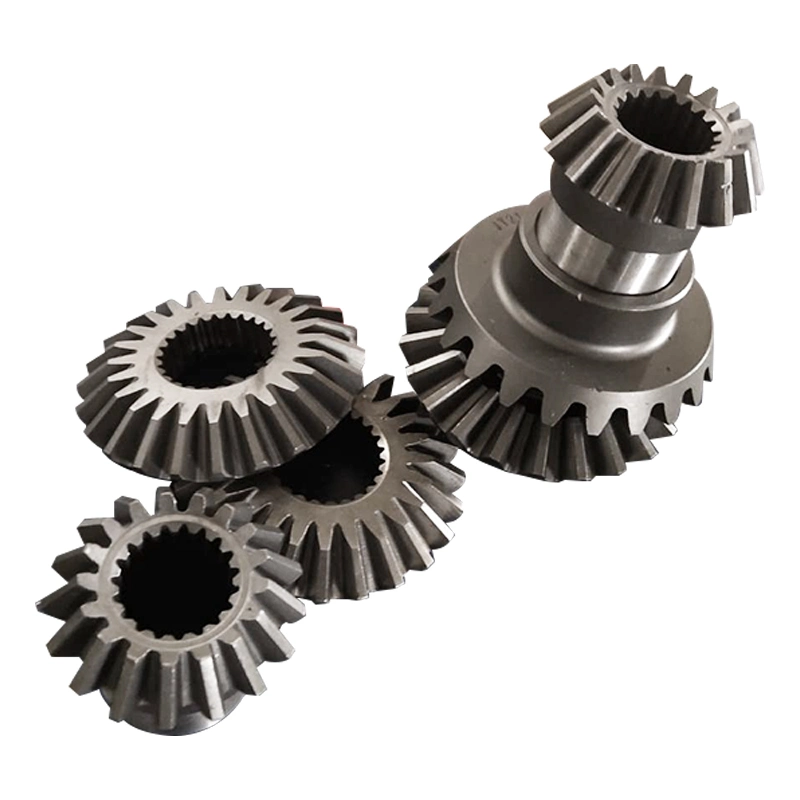
Installation and Maintenance
Installation
- Proper Alignment
- Lubrication
- Mounting Bolts
- Inspection
Maintenance
- Lubrication
- Cleaning
- Inspection
- Replacements
- Gearbox Maintenance
- Load Monitoring
- Training and Expertise
- Record-Keeping
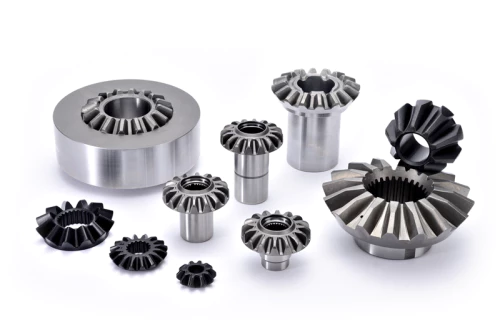
How to Select the Right Forging Bevel Gear
- Application Requirements
- Design and Specifications
- Material Selection
- Quality and Reliability
- Load-Carrying Capacity
- Efficiency and Performance
- Customization and Adaptability
- Cost Considerations
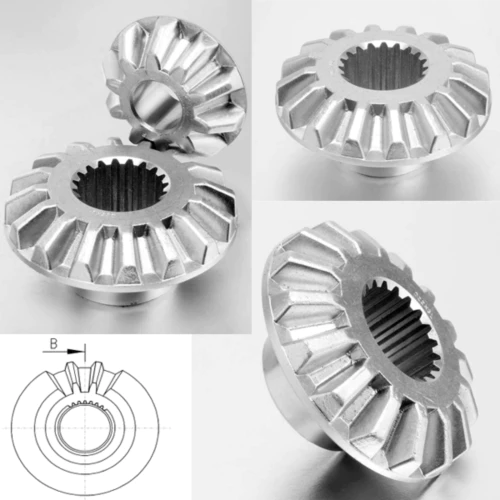
Shaoxing Chaoli – A Leading Manufacturer of Forging Bevel Gears
Shaoxing Chaoli is a professional manufacturer of gears in China. Its products are mainly sold to hundreds of fixed suppliers such as domestic steel rolling mills, shipyards, precision machine tool factories, automation machinery factories, and various distribution companies, and exported to Western Europe, the Middle East, Southeast Asia, and other countries and regions. The company has considerable competitiveness in the same industry.
Our products are exported to different countries such as Spain, the Netherlands, the United States, South Korea, Turkey, and Russia. At the same time, we sincerely hope to help customers develop new products and solve technical and quality problems. We are willing to meet the needs of users with high-quality products, fair prices, and perfect services.
In short, we adhere to the principles of quality first, timely delivery, and credit first, treat every business partner sincerely, and wholeheartedly welcome friends from the business community to cooperate with us to develop together and create brilliance.
Besides forging bevel gears, Shaoxing Chaoli also offers a wide range of other gear products such as worm gears, spiral bevel gears, helical gears, spur gears, plastic gears, metric gear racks, etc. Customers are welcome to inquire about customized products.
